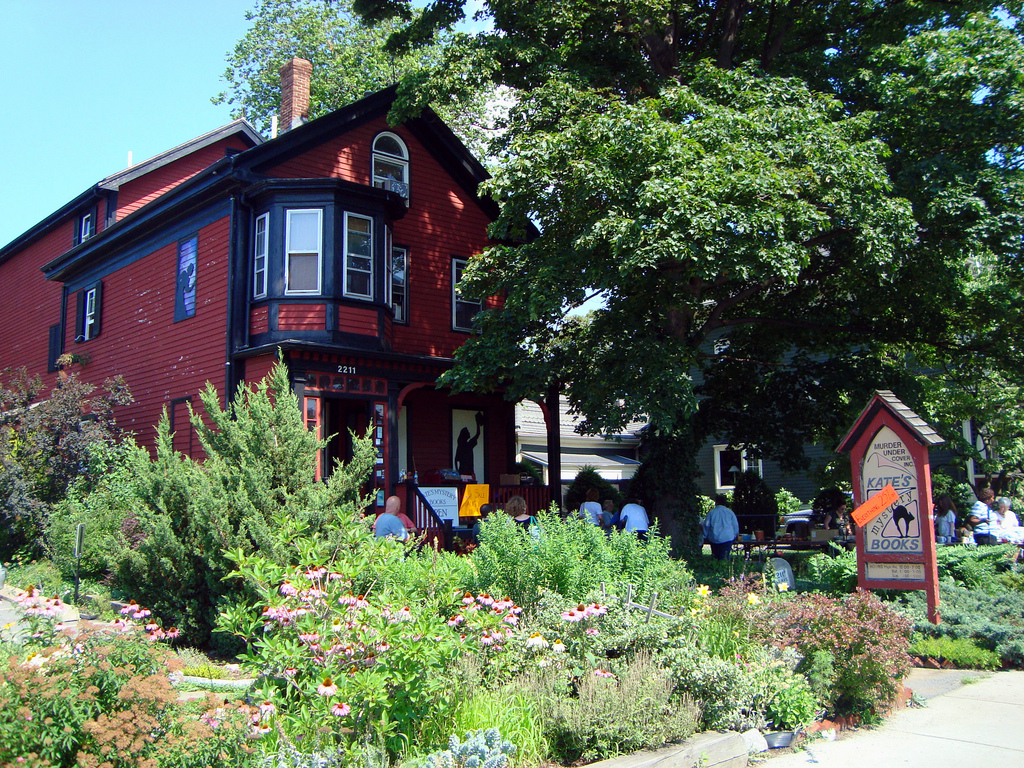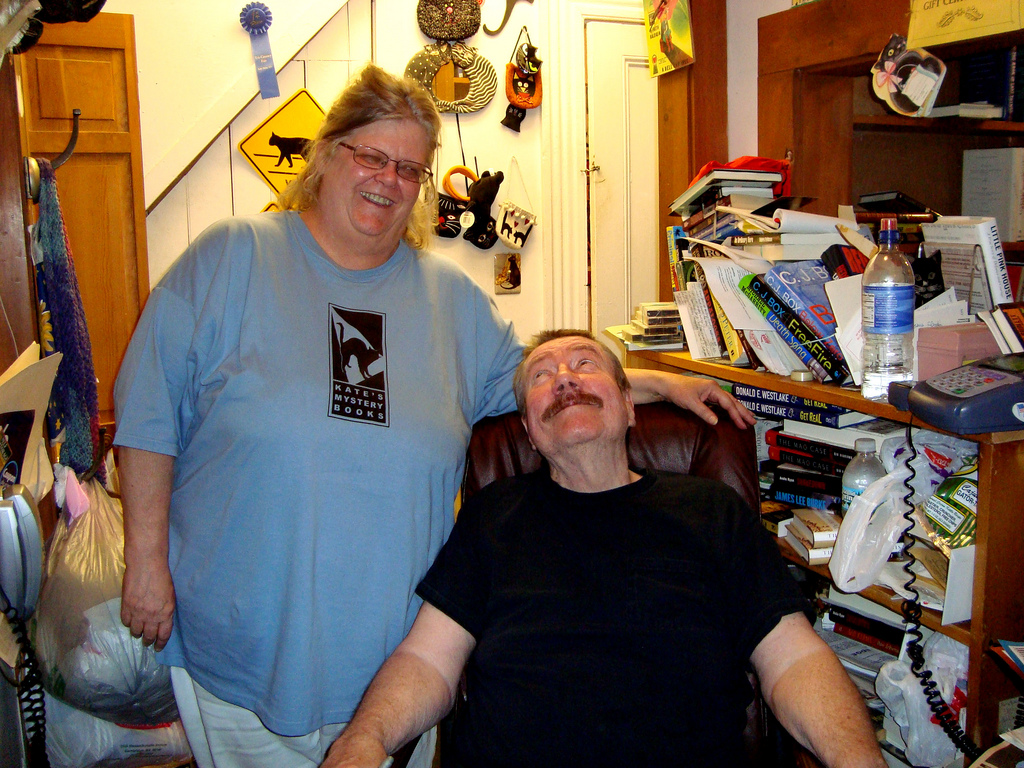I began this blog for a purely mercenary reason: to sell more books. But I discovered to my surprise that I enjoy doing it. Good thing, too, because after three months at it I seriously doubt this blog will ever be an effective sales tool.
Of course, the logic behind author blogs is unimpeachable. The blog attracts new readers as flowers attract bees. These new readers, stupefied by the insights to be found here, return again and again until they decide they simply must have more, at which point they rush out (or more likely click) to buy a book, which they take to be like a blog post only very much longer. Or something like that.
The problem is not that this sort of thing cannot happen. It does. It has happened to me, in fact. The problem is that, as book-selling strategies go, this one is massively inefficient. The number of visitors is just too small to justify the investment of time. More important, counterintuitive as it sounds, most visitors to this blog simply aren’t interested in my books.
In the first few months of my blog’s existence, the overwhelming majority of traffic has come from Google. (I know this because statistics about blog traffic are harvested by several services.) Google referrals tend to be one-time visitors, not regulars. And they come looking for all sorts of things. Here is a small sample of the Google searches that have led people here: “Boston + movies,” “friends of eddie coyle,” “philip roth writing method,” “Graham Greene words per day,” “alphasmart neo.” Do you see a pattern? Me neither. Well, I see one: often as not, these people are not Googling “William Landay.” Of course I’m delighted to have visitors stumble upon my blog this way. That is the whole flowers-and-bees strategy, after all. But there is no reason to expect that these readers will be easy to convert to fans. Most of them have never even heard of me. A few I might be able to sway, but how many and at what cost in time?
Of course, a fraction of my blog traffic does come for the “right” reasons, that is, they enjoy my books or my blog, or both. For them alone, writing this blog would be worthwhile, not because it is going to goose them into reading my books (they already do that), but because core fans want and deserve a place where they can get a better sense of the writer behind the books or even contact him. What’s more, it is valuable to me to have them here. Novel-writing is a grueling, solitary business. The company of these readers — the occasional messages they send or comments they leave, the encouragement — is enormously heartening.
Which leads me to the main point. Even though a blog may never yield a single additional sale, I heartily recommend that all writers launch one anyway. Just remember why you are doing it: because you enjoy it, not because you think it will turn you into a bestseller. Only your books — and a boatload of luck — can do that.
Of course if you are blogging for pleasure rather than to impress potential book-buyers, your blog will look a little different. It will be a truer reflection of yourself, your personality, your quirky tastes. This blog has been a little dry and generic, I think. I have been reluctant to post anything that was not “A” material, longish essays full of deepish thoughts. The result has been a blog with none of the serendipity that characterizes the blogs I enjoy most.
Take Terry Teachout’s blog about theater and the arts, About Last Night. I have been reading ALN for years with great pleasure because I never know what I will find there. It might be a longish essay full of deepish thoughts, but it also might be a YouTube video, a snippet from a book Terry is reading, a notice of an art exhibit. The randomness is what makes it fun.
I am going to tack in that direction myself here. The last few days I have posted a quote, a picture, a video, and a poem, little stuff I would previously have bit.ly’ed and lobbed into the bottomless black hole of Twitter. Look for more of that. Finds like these are what “web logs” originally were: scrapbooks of the interesting nuggets people ran across as they went sniffing around the web. It’s why blogs like Terry Teachout’s work so well, why they keep renewing themselves with a mix of found and original material. This blog should be more fun than it has been, for you and me both.

